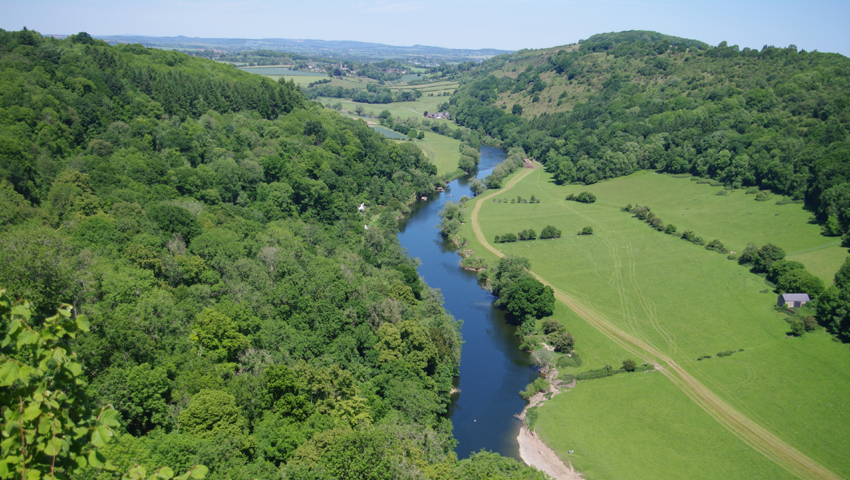LAST week SME housebuilders delivered a letter to the Prime Minister protesting about what they called an “increasingly anti-development policy environment”.
Complaints by the Home Builders Federation included the requirement for nutrient neutrality. The HBF said “Interventions by government quango Natural England are delaying an estimated 180,000 homes from the Tees Valley to Cornwall. Despite the fact that even Natural England accept the contribution of new housing to the high levels of nutrients is minimal, with agriculture and water company failings by far the main drivers, there are moratoriums on building in 74 local authority areas.
“SME builders with their entire portfolio of one or a few sites on hold as a result, are in effect unable to operate and unable to build are forces to lay off longstanding staff or family members. Natural England is also intervening in other areas, citing ‘water neutrality’ and ‘recreational impact zones’ as the reason to impose further bans on development.”
Natural England’s Nutrient Mitigation Scheme aims to reduce nitrogen levels in England’s waterways. Under the scheme, developers work out how many credits they need to buy based on the nutrients the development needs to mitigate. The credits fund mitigation activities, such as creating a new woodland or wetland and is designed to balance out any nutrient pollution produced by the housing development.
As previously reported on 8.9ha, nutrient trading can be a valuable source of income for farmers. John Coleman of GSC Grays says “We are entering an interesting period where the value of eco-system services has the potential to outstrip that from farming, based on the early transactional evidence seen so far.”
Responding to the HBF’s intervention, Tony Juniper, the chair of Natural England, has hit back. According to the i newspaper, Juniper said that house builders should stop complaining about water pollution rules, see the “bigger picture” of nature’s catastrophic decline and “be part of the solution”.
Juniper said that while it was normal for groups to feel “disproportionately” affected by environmental regulations, house builders needed to understand the impact they have.
The Home Builders Federation claims that 120,000 homes have been delayed by the Nutrient Mitigation Scheme rules, which require any new pollution to be offset elsewhere in the local river catchment, for example through schemes such as reed beds and new woodland.
The i reports that “New homes add nutrient pollution in rivers because often even treated wastewater contains phosphorus and nitrates. In excess, these trigger algal growth which smothers rivers and starves them of oxygen.
“The rules stemmed from a European court ruling against the UK Government and protect highly polluted river systems such as the River Wye. House builders, however, complain that they are being unfairly targeted when the main polluters are farmers and water companies.”
The i says that Juniper does not accept that criticism. He said “There usually is some group that feels as though the environmental improvements that the country is seeking to achieve disproportionately affect them. But I would encourage them all, to see the bigger picture.
“More housing will lead to more pressures on the natural environment, and those pressures need to be managed, including in protecting our most valuable wildlife sites, from excessive water pollution.”
Juniper believes it is possible to meet environmental and house-building goals together, and that rather than seeing environmentalism as a burden, they should embrace it as an economic opportunity. He said “We know that beautiful environments where homes are built can attract higher prices than homes that are less beautiful in terms of their surroundings. So there are very often economic upsides that come with environmental improvements.
“As we move into nature recovery, which is different to environmental protection and conservation, which used to be the themes of the past, we need more creative processes that involve more actors, certainly way beyond official bodies that run regulatory regimes. This needs to be a common endeavour. Farmers, house builders, water companies, local communities, NGOs, fishing communities working together.”
He warned that over centuries, England had stripped the resilience out of its landscape, through habitat loss and fragmentation, the intensification of farming and pesticide use, invasive species and the re-engineering of river systems and loss of wetlands.
